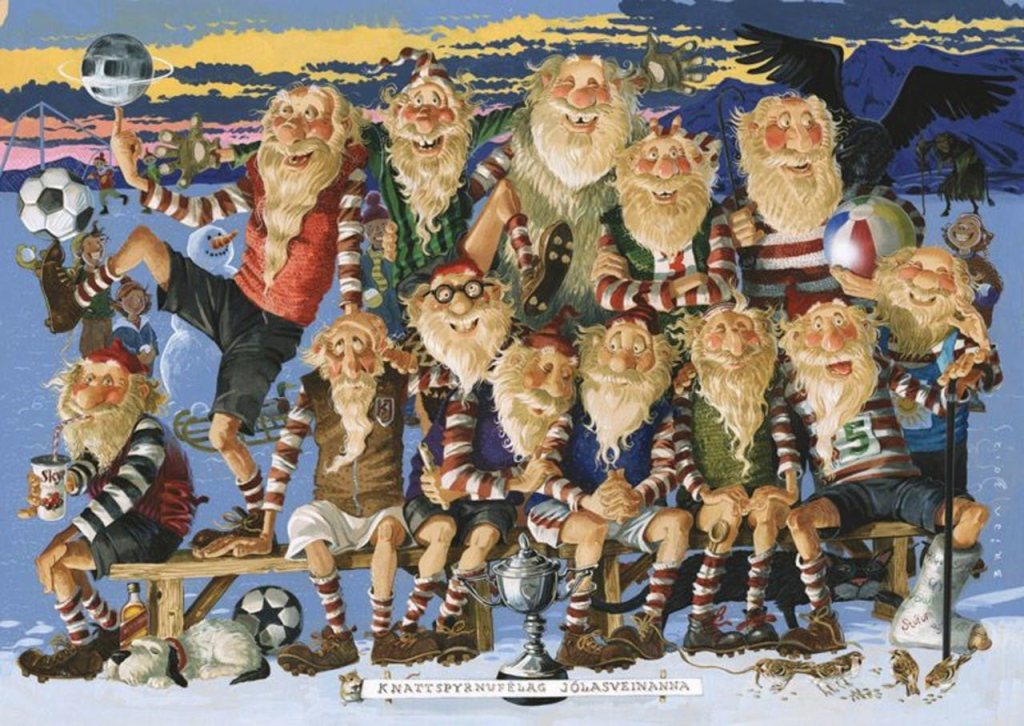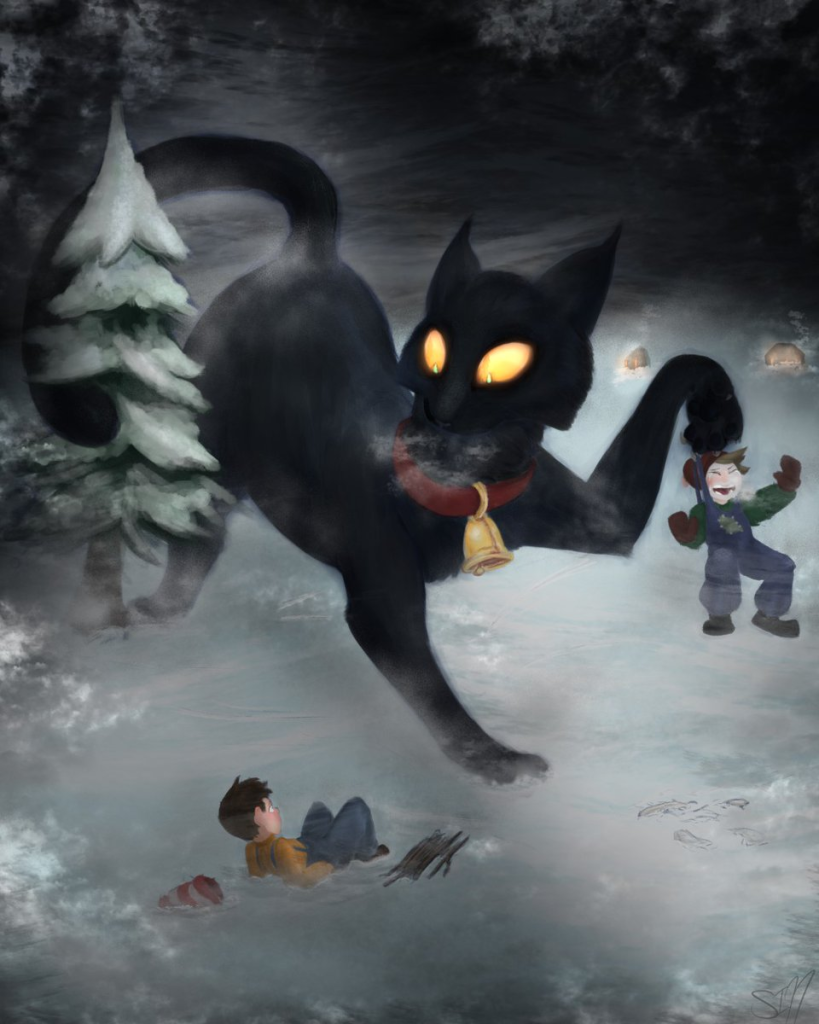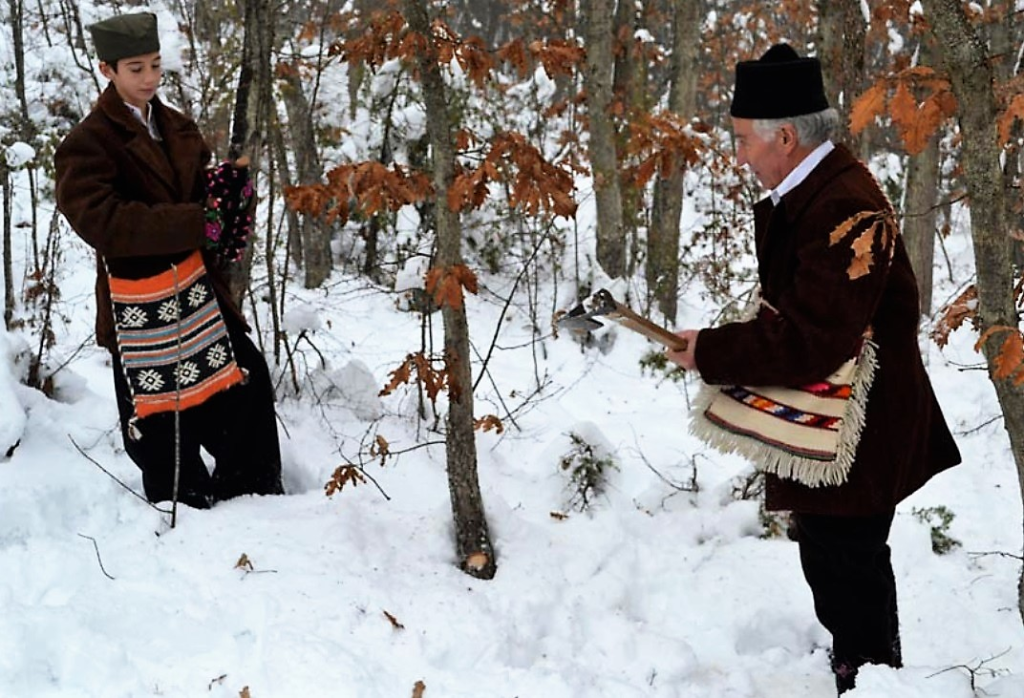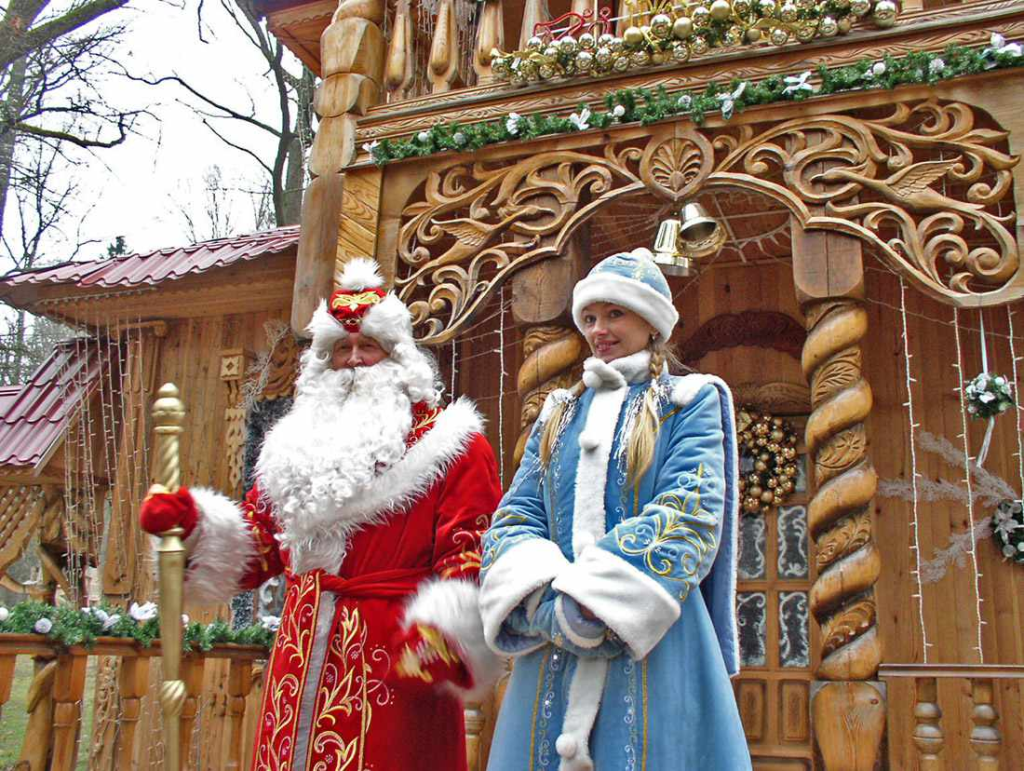As the snow blankets the streets and the aroma of cinnamon and cloves fills the air, the world gears up for the most wonderful time of the year.
Beyond the twinkling lights and the festive decorations, diverse cultures contribute their unique traditions to the global celebration of Christmas. In this blog post, we’ll unwrap the magic of six fascinating Christmas traditions from different corners of the globe.
Japan’s KFC Christmas Feast
In Japan, Christmas has taken an unexpected turn with a quirky and delicious tradition – the KFC Christmas feast.
Unlike the traditional turkey dinners in many Western countries, it’s a common practice for families in Japan to indulge in a bucket of fried chicken from Kentucky Fried Chicken (KFC) on Christmas Eve. This unusual tradition began in the 1970s with a marketing campaign, and it has since become so popular that reservations for KFC meals on Christmas Eve are often necessary. It’s a testament to how global influences can transform holiday celebrations into something truly unexpected and delightful.

Iceland’s Yule Lads and the Yule Cat
In Iceland, Christmas comes with a cast of characters that go beyond the usual Santa Claus and his reindeer.

Meet the “Yule Lads,” mischievous creatures who visit children on the thirteen nights leading up to Christmas. Each night, children place their shoes by the window, and the Yule Lads leave small gifts or rotting potatoes, depending on the child’s behavior. Additionally, there’s the menacing “Yule Cat,” a mythical feline said to roam the countryside. Legend has it that those who don’t receive new clothes before Christmas may fall victim to the Yule Cat. These folklore elements add a touch of whimsy and a hint of caution to Iceland’s festive season.

Italy’s Feast of the Seven Fishes
In Italy, particularly in the southern regions, Christmas Eve is celebrated with a sumptuous seafood feast known as the “Feast of the Seven Fishes” or “La Vigilia.”

The number seven is significant in Christian tradition, symbolizing the seven sacraments. Families gather to enjoy an array of seafood dishes, from calamari and shrimp to bacalao and octopus. This tradition reflects both the religious significance of the holiday and the culinary richness of Italian culture. The Feast of the Seven Fishes has also become popular in Italian-American communities, showcasing the enduring impact of cultural traditions across borders.
Netherlands “Black Pete”
The Black Pete (Zwarte Piet) tradition in the Netherlands is a part of the Sinterklaas celebration.

Black Pete is a character who assists Sinterklaas (Saint Nicholas – Santa Claus) in distributing gifts to children. Traditionally, Black Pete is portrayed with colorful attire, a blackened face, and red lips. Black Pete is known for playful and mischievous behavior, adding a festive and lively element to the holiday festivities.
Serbia’s “Badnjak”
The Serbian Christmas tradition of Badnjak involves the head of each family selecting and cutting a tree, usually a Turkey oak, early in the morning on Christmas Eve.

Accompanied by relatives, they announce their departure with celebratory gunfire. Upon finding a suitable tree, the head of the household greets it with a prayer, makes the Sign of the Cross, and kisses it before cutting it down. The tree should fall to the east without hindrance, and the first splinter is taken home for prosperity, often placed near beehives, in the hen-roost, or between milk basins. In some regions, a piece of the splinter is added to the dough for the Christmas dinner česnica, symbolizing prosperity and growth.
Russia’s “Snow Maiden”
The Russian Christmas tradition includes the character of Snegurochka, who originated as figurines in late Imperial Russia and later became a key figure in Soviet and post-Soviet celebrations.

With the ban on Christmas in the early Soviet Union, the celebration of the New Year was allowed in 1935, featuring the fir tree and Ded Moroz (Father Frost/Santa Claus). Snegurochka (Snow Maiden), who wears silver-blue robes and a furry cap or a snowflake-like crown, evolved into the granddaughter and helper of Ded Moroz during this time. Unlike similar characters in other cultures, Snegurochka has a unique familial connection to Ded Moroz, creating a distinctive and cherished duo in Russian festive traditions. The audience often anticipates her arrival during Christmas celebrations, shouting “Sne-gu-roch-ka”.
It becomes clear that the spirit of the season is not confined to a single narrative. Whether it’s enjoying a bucket of fried chicken in Japan, welcoming mischievous Yule Lads in Iceland, or savoring a seafood feast in Italy, these traditions offer a glimpse into the diverse ways people around the world come together to celebrate joy, love, and togetherness during the festive season.
